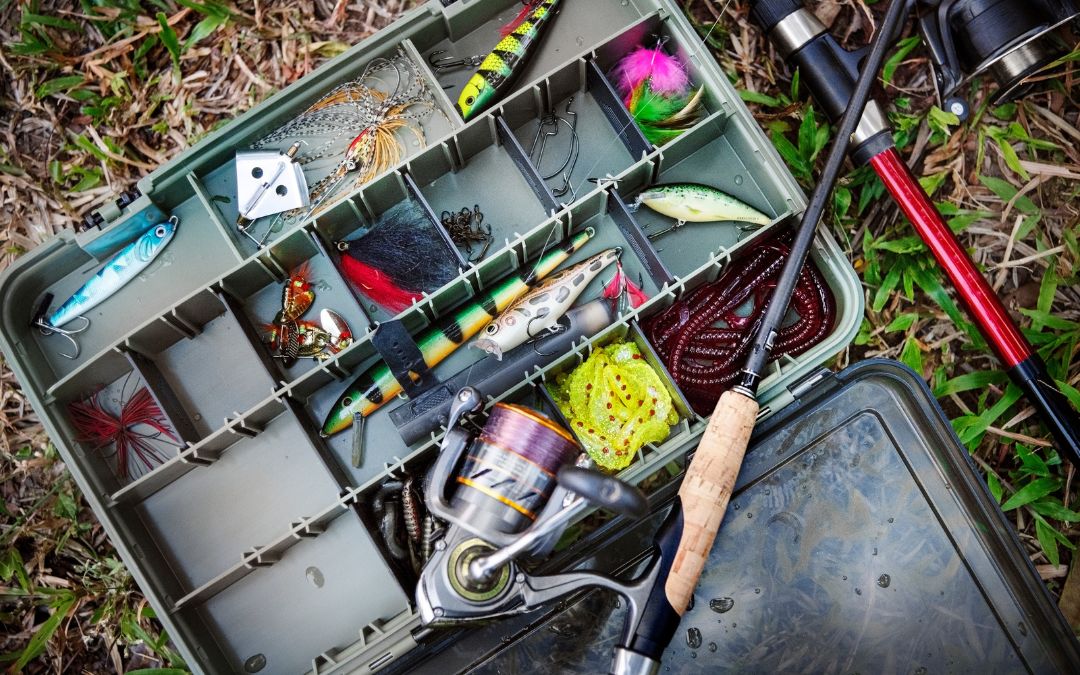Any serious angler knows that fishing requires a lot of gear. From the rods to the reels, bait, and other accessories, everything needs to be in top-notch condition to ensure a successful fishing trip. Therefore, you have to store your equipment correctly to prolong its lifespan and prevent damage. We’ve compiled three tips for storing fishing equipment safely so you can put your gear away correctly after a successful trip.
Check Your Equipment Before Storing It
After a fishing trip, you may want to toss your gear aside and relax, especially if it was an all-day adventure like the ones we take around Hells Canyon. However, you should take care of your equipment before putting it in storage.
Inspect your rods and reels for damage, loose screws, or rust. Store your reels with the drag loosened; this prevents flat spots from forming on the drag washers, which can cause your reel to malfunction in the future. Lastly, clean your fishing rod with a soft cloth and ensure that it is completely dry before storing it.
Store Your Equipment in a Safe Place
We’ve mentioned safety several times, but we need to define what that means when it comes to fishing equipment storage. A safe storage area is dry, cool, and dark, such as a shed or garage. Light and heat can damage your equipment, causing it to rust and weaken. A damp location can cause mold or mildew to grow, rotting your gear. Keep your rods and reels in their cases, and store them in a rod holder so they don’t lean against each other, which can result in scratches. If your fishing gear is expensive, keep the storage area locked for extra security.
Protect Your Hooks and Lures
Hooks and lures are essential gear when fishing, just like the rods and reels we focused on above. Store them correctly to protect them and to prevent injury to yourself. Use a tackle box or a lure bag to store your bait. Make sure they are dry before storing them, or they may rust. If you have any rusty hooks or lures, dispose of them to prevent infection should one pierce your skin. However, you can avoid this risk altogether by planting the hooks in cork or foam for storage, ensuring they won’t get caught on anything or anyone.
Following these three tips for storing fishing equipment safely can help you prolong the lifespan of your gear, prevent damage, and protect yourself against injury. If you struggle to remember all these tips, write them down. You can refer to them when you return from a Hells Canyon fishing adventure, tired but successful.

Recent Comments